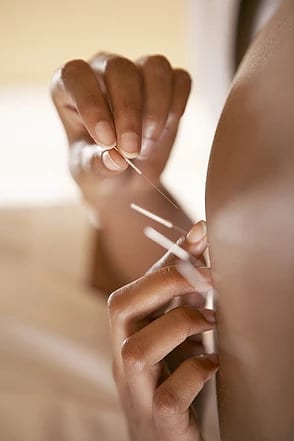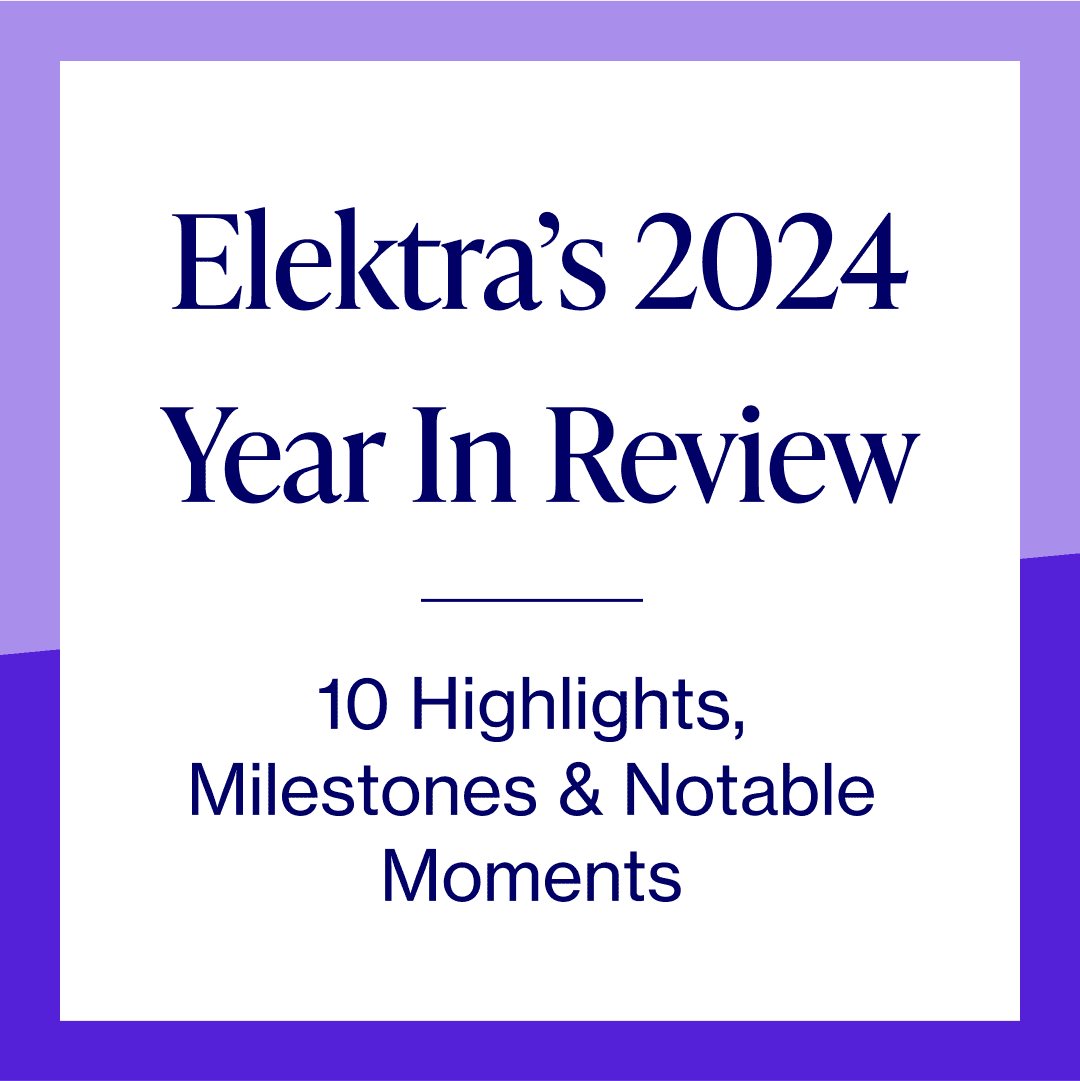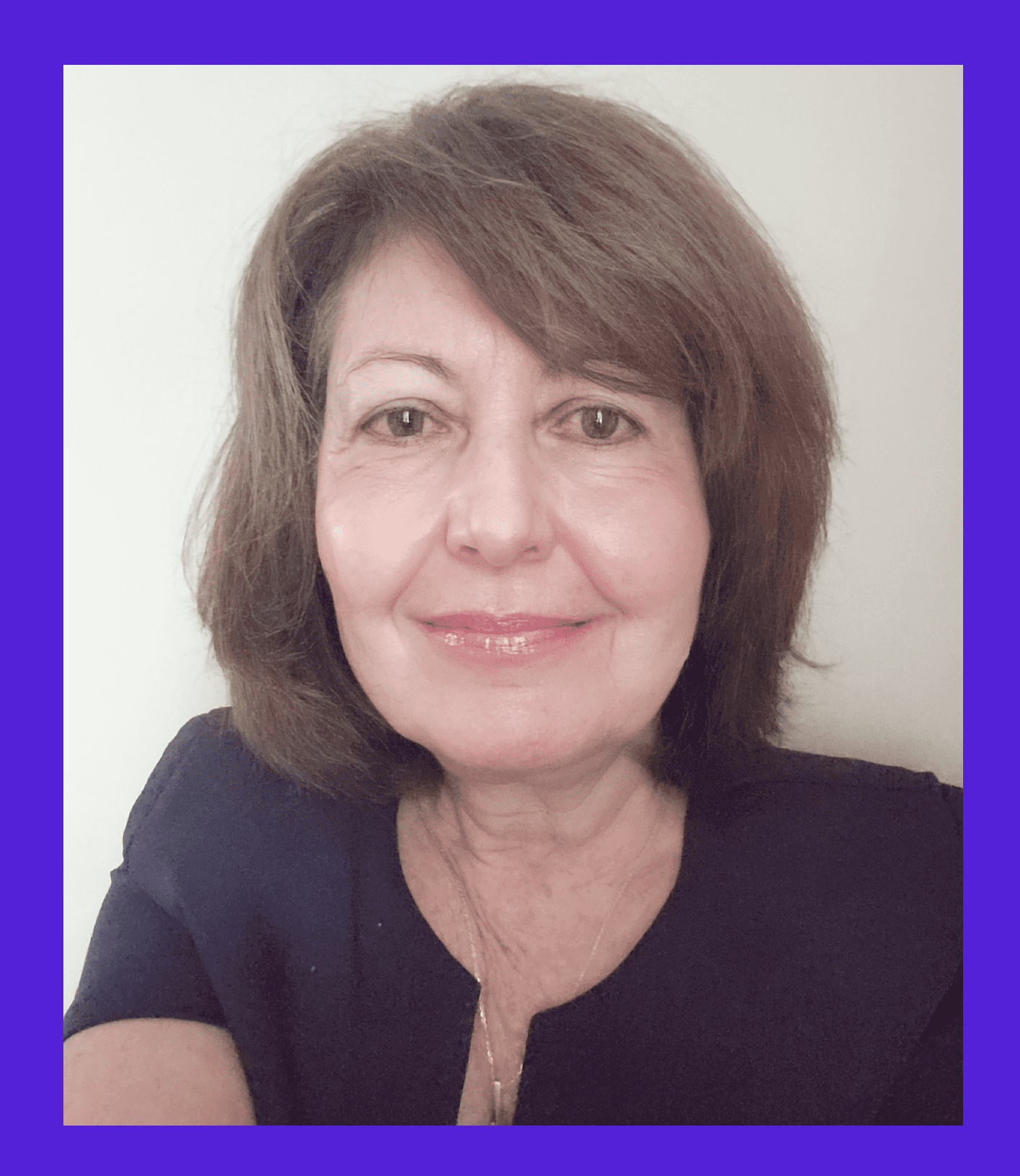
Our community members have a lot of questions about menopause.
Menopause can be confusing, frustrating, and isolating. We want to change that! We’ve been answering questions since we got started in 2019, covering everything from questions about libido to concerns about sleep changes, to how to talk to your partner about the emotional rollercoasters that menopause can bring.
Here are some of the most popular questions from our community members, answered by our Founding Physician, Dr. Anna Barbieri, a board-certified gynecologist and integrative medicine specialist:
Q: I’m 50 and haven’t experienced any perimenopause symptoms yet. What should I expect as initial symptoms I will be starting menopause?
Dr. Barbieri: Perimenopause and menopause are incredibly variable as far as what symptoms women experience, to what degree women experience them, and when they start. There are some lucky women who don’t experience any noticeable symptoms during perimenopause.
While there’s no way to predict it, the earliest signs can be a change in cycle, with periods becoming heavier and longer. PMS symptoms can become more intense, and some women may start to experience anxiety and depression. Sleep issues – particularly waking in the middle of the night – can also occur.
You may be one of the lucky ones too, some women don’t experience many symptoms at all! About 25% of women don’t experience any hot flashes!
Q: The weight gain! I eat well but am still gaining weight! What’s going on?
Dr. Barbieri: Many women gain weight through this transition. You are not alone! Sometimes, it’s not just about the food you eat — hormones can play a role too. Estrogen, progesterone, thyroid hormones, insulin, cortisol, and others can be involved. We recommend starting with a full hormonal health evaluation, which you can talk to your primary care provider or endocrinologist about.
There’s a connection between sleep, metabolism, and appetite. Too little sleep can influence the hormones that affect hunger and may make us crave more calorie-dense, carbohydrate-rich foods (aka sugar!).

Q: What’s the best menopause diet?
Dr. Barbieri: There are so many different diets out there – fasting, low-carb, keto just to name a few – it’s easy to get lost in all that noise. Most diets have some pluses and minuses, and a lot depends on what works for you. In truth, there is no one perfect menopause diet, my general recommendation is to choose WHOLE unprocessed foods, mostly plants, no added sugars, healthy fats, and lots and lots of green stuff, you’ll be on your way to being healthier.
One place to start – watch for added sugars. It’s estimated that the typical American eats 300+ calories per day from added sugar! And often, the culprits are low-fat versions of food. Next time you’re at the store, take a look at the sugar and calories in low/no fat vs whole milk yogurt.
Q: There is so much conflicting information online about HRT (hormone replacement therapy) – what’s the real story?
Dr. Barbieri: You’re right, there is a ton of conflicting information out there. A lot of women are afraid to try it and a lot of doctors are very hesitant to prescribe it, based on a prematurely published (and often misinterpreted) clinical trial. The short answer to your question: For women who are younger than 60 and within 10 years of their last period, HRT can be a safe and effective option to manage symptoms.
When we consider HRT for women, we always assess breast cancer and cardiovascular disease risk. Personal or family history can play a role in whether or not you’re a good candidate.

Q: Are there any natural options to help manage symptoms?
Dr. Barbieri: Absolutely! We have a lot of different approaches in our menopause toolbox. Hormones and other prescription medications are one approach, but we also approve research-supported and evidence-based supplements (vitamins, minerals, and botanicals) and other integrative practices, like acupuncture and meditation. Diet, exercise, sleep, and stress management are almost always a part of our management plans.
There are a ton of practical tips as well, including the use of cooling sheets and wearing layers to help with hot flashes.
WHAT WE’RE READING
A healthy relationship with your sexuality: a reason why some women’s libidos are more affected by menopause than others.
Speaking of dry, are you taking part in Dry January? If so, these NYT actionable tips can help you out.
Should parents stop blaming themselves for how their kids turn out?
HEALTHY OBSESSIONS*

Menopause Whilst Black podcast
A new podcast, hosted by Karen Arthur, addresses the need to diversify the menopause space and features conversations about menopause with Black UK-based women.

This towel feels like a little cloud for your hair. It’s made of super soft material (which is perfect for anyone experiencing hair loss during menopause).
* We’re not paid to feature these products. We just like them and think you may like them too.
KEEP CALM AND ELEKTRA ON…



